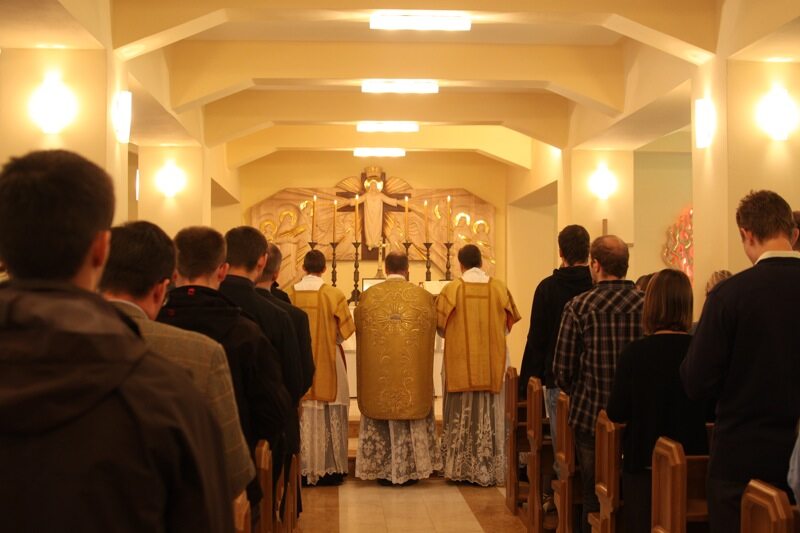North America and Latin America are different in almost everything. The northern continent is a region subject to stronger secular influences – this is especially true of Canada, while Latin America is a place of high religious activity, but at the same time a clear crisis of Catholicism. Many Catholics go to Protestant denominations there.
According to the report Voice It is the bishops of North America who apply church law most easily, even if they are not enthusiastic.
In the United States, as many as 58.3 respondents declared that traditional religious rites in their diocese are celebrated not only on Sundays and holidays. This is a very high percentage, indicating that an unusually daily celebration of Roman rituals is not rare. As much as 25.9 percent of respondents, every fourth of them, reported that Tridentine Mass is celebrated every Sunday. Only 9.3 percent. Those asked responded that mass is celebrated from time to time. The state in which the liturgy was not celebrated according to the books of 1962, indicated by only 5.6 percent.
The situation in Latin America is completely different. As much as 52.6 percent. Respondents reported that Mass is not celebrated in their diocese. According to every fourth respondent, this happens occasionally. Sunday mass was announced in 18.6% of cases. Only 4.1% of the respondents indicated an increase in the frequency of the traditional liturgy. Responders.
The report also states that many Latin American bishops treat Latin America as second-class believers and forbid priests from celebrating the ancient Catholic Mass.
In 2007 Pope Benedict XVI published a special book entitled “Summorum Pontificum”, in which he restored the full rights of the Church, the so-called pre-council liturgy. However, since then, many bishops of the world limit access to such a liturgy in various ways and also hinder its promotion.
Also read:
The German bishop coldly about Francis’s decision to serve women at the altarAlso read:
Card. Schönborn: Women’s service at the altar is a response to an “old desire”







